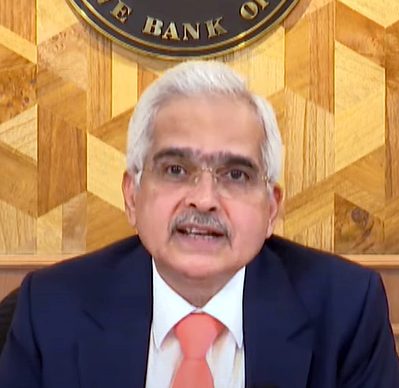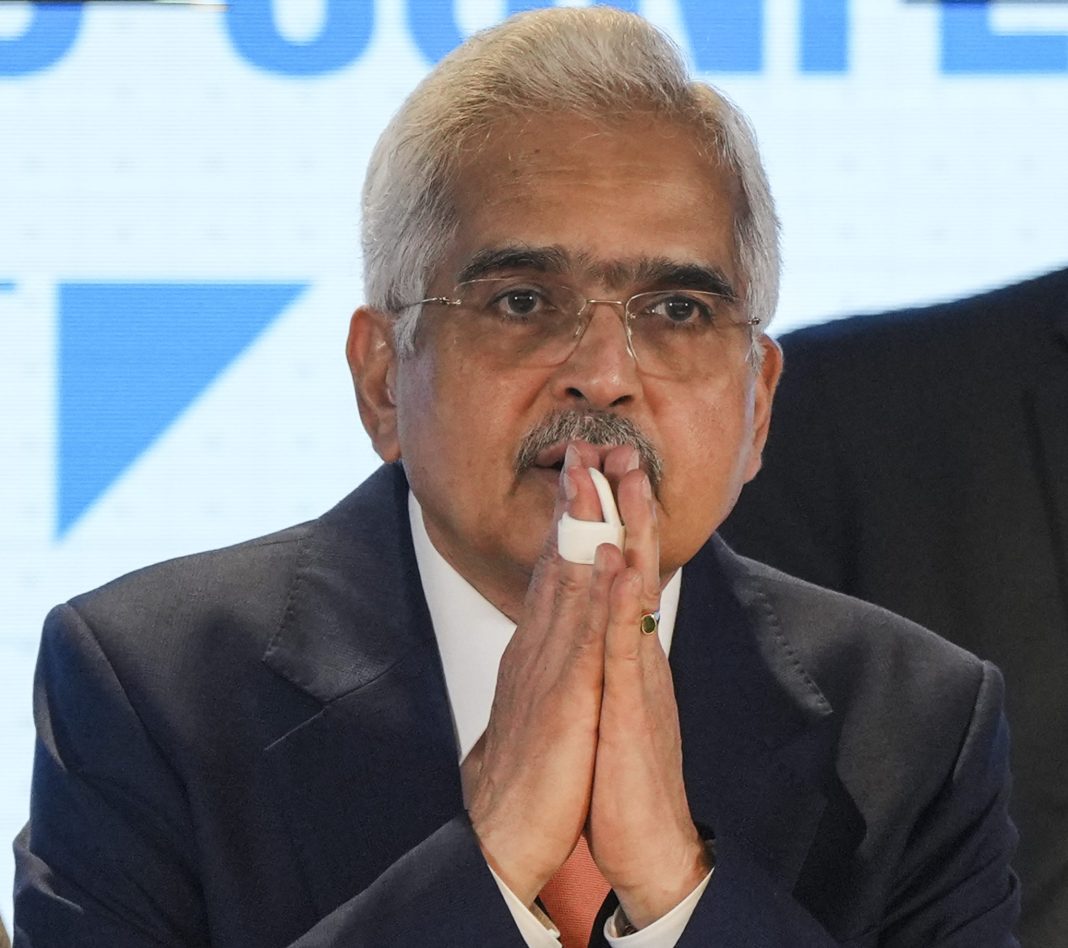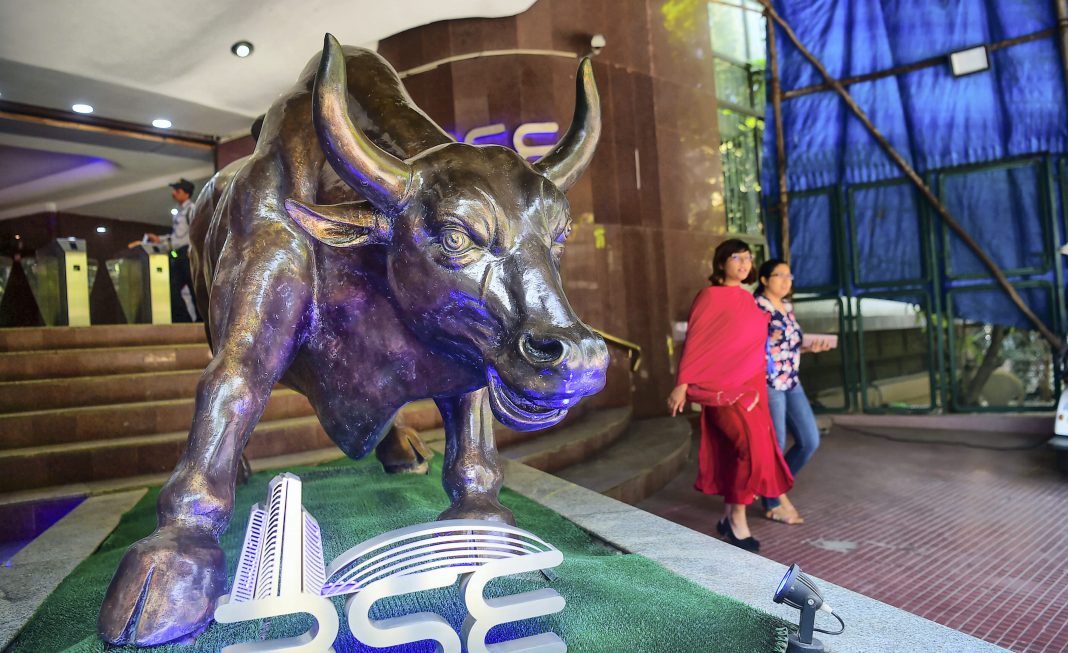Mumbai, Oct 9: The Reserve Bank on Wednesday announced the increase of the UPI Lite wallet limit to Rs 5,000 and per-transaction limit to Rs 1,000, in order to encourage wider adoption of the popular instant payment system through mobile phones.
A limit of Rs 500 per transaction and an overall limit of Rs 2,000 per UPI Lite wallet, is presently applicable, with the facility of auto-replenishment.
Unveiling the October bi-monthly monetary policy, Reserve Bank Governor Shaktikanta Das also said the per-transaction limit in UPI123Pay will be enhanced to Rs 10,000 from the current Rs 5,000.
UPI123 was launched in March 2022, with a view to enable feature-phone users to use UPI. This facility is now available in 12 languages.
In another customer-friendly initiative, Das announced a beneficiary account name look-up facility for Real Time Gross Settlement System (RTGS) and National Electronic Funds Transfer (NEFT) systems will be introduced.
Payment Systems like UPI and IMPS provide a facility to the remitter to verify the name of the receiver (beneficiary) before initiating a payment transaction.
There have been requests to introduce such a facility for RTGS and NEFT systems, the Governor said.
“Accordingly, to enable remitters in RTGS and NEFT to verify the name of the beneficiary account holder before initiating funds transfer, it is now proposed to introduce a ‘beneficiary account name look-up facility’,” he said.
Remitters can input the account number and the branch IFSC code of the beneficiary, following which the name of the beneficiary will be displayed.
This facility will increase customer confidence as it would reduce the possibility of wrong credits and frauds, Das said.
The Central bank will also create ‘Reserve Bank Climate Risk Information System (RB-CRIS)’ amid climate change emerging as one of the significant risks to the financial system.
Das said it is crucial for regulated entities to undertake climate risk assessments for ensuring stability of their balance sheets and that of the financial system.
Such an assessment requires, among other things, high quality data relating to local climate scenarios, climate forecasts, and emissions, he said.
The available climate-related data is characterised by various gaps such as fragmented and varied sources, differing formats, frequencies and units.
To bridge these gaps, Das said the Reserve Bank proposes to create a data repository — RB-CRIS — comprising two parts.
The first part will be a web-based directory, listing various data sources, (meteorological, geospatial, etc.) which will be publicly accessible in the RBI website. The second part will be a data portal consisting of datasets (processed data in standardised formats).
The access to this data portal will be made available only to the regulated entities in a phased manner. (PTI)




